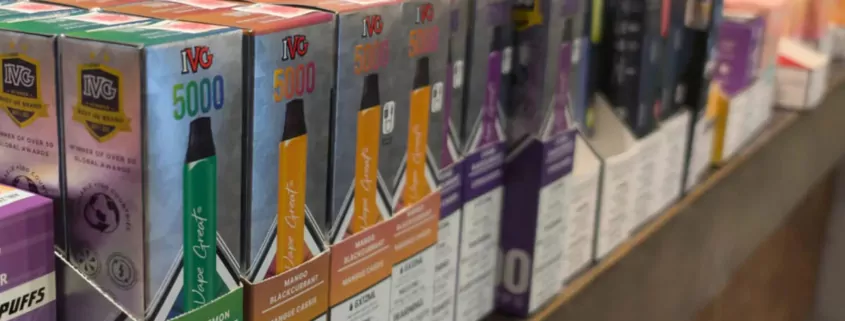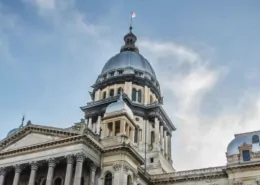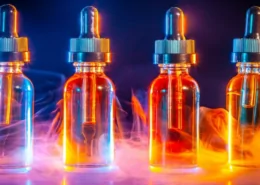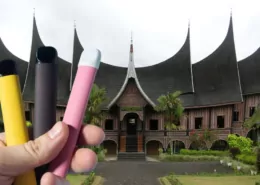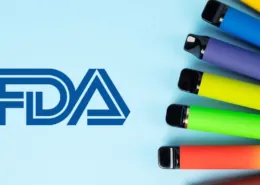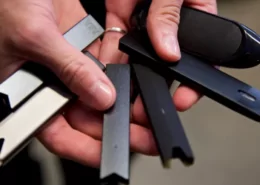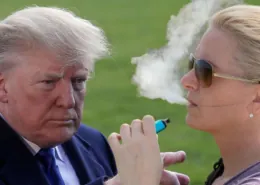Alabama’s New Vape Law HB8: Flavors, Sales & Youth Rules
Alabama has ushered in a new era of nicotine regulation with the enactment of House Bill 8 (HB8). Signed into law by Governor Kay Ivey and effective from June 1st, this comprehensive legislation introduces sweeping changes that will significantly reshape how nicotine products, particularly vapes and e-cigarettes, are sold, marketed, and regulated across the state. This guide breaks down the key components of HB8, exploring what these new rules mean for retailers, manufacturers, and vape enthusiasts in Alabama.
Core Objective of the Vape Law HB8
The driving force behind HB8 is the escalating concern over youth access to and use of vaping products. Lawmakers and public health officials have pointed to the appeal of flavored products and the ease of access as significant contributors to what some describe as a youth vaping “epidemic.” HB8 aims to address this through a multi-pronged approach involving stricter age verification, limitations on product availability, new licensing structures, and robust enforcement.
Youth Access and Possession Restrictions
A fundamental aspect of HB8 is the reinforcement and enhancement of age restrictions. Individuals under the age of 21 are strictly prohibited from using or possessing any nicotine products, with limited exceptions (though the text provided doesn’t specify these exceptions, federal law generally holds 21 as the standard). The new law also explicitly prohibits the use of fake identification by anyone under 21 to purchase nicotine products, with penalties for such attempts increasing with each violation. This underscores the state’s commitment to preventing underage individuals from initiating nicotine use.
Introducing “Specialty Retailers”
HB8 creates a distinct category of regulated business: the “specialty retailer” of electronic nicotine delivery systems (ENDS). This new classification comes with specific operational requirements and limitations:
- Age-Restricted Entry: Specialty retailers must prohibit anyone under the age of 21 from entering their premises. This is to be enforced by utilizing third-party age verification technology at the entrance.
- Licensing Fees: To operate legally as a specialty retailer of ENDS, businesses must pay a $1,000 annual licensing fee per location, in addition to a $50 application fee per location.
- Product Sales Restrictions: Crucially, HB8 restricts the sale of all non-federally authorized nicotine products to these specialty stores only. In practical terms, this means that general retailers like convenience stores and gas stations will be limited to selling only the 34 tobacco, mint, and menthol-flavored e-cigarette products that have currently received full marketing authorization from the FDA. A vast array of other products, including many popular flavored nicotine items that are still pending FDA review or lack authorization, will now only be available in these age-restricted specialty vape shops.
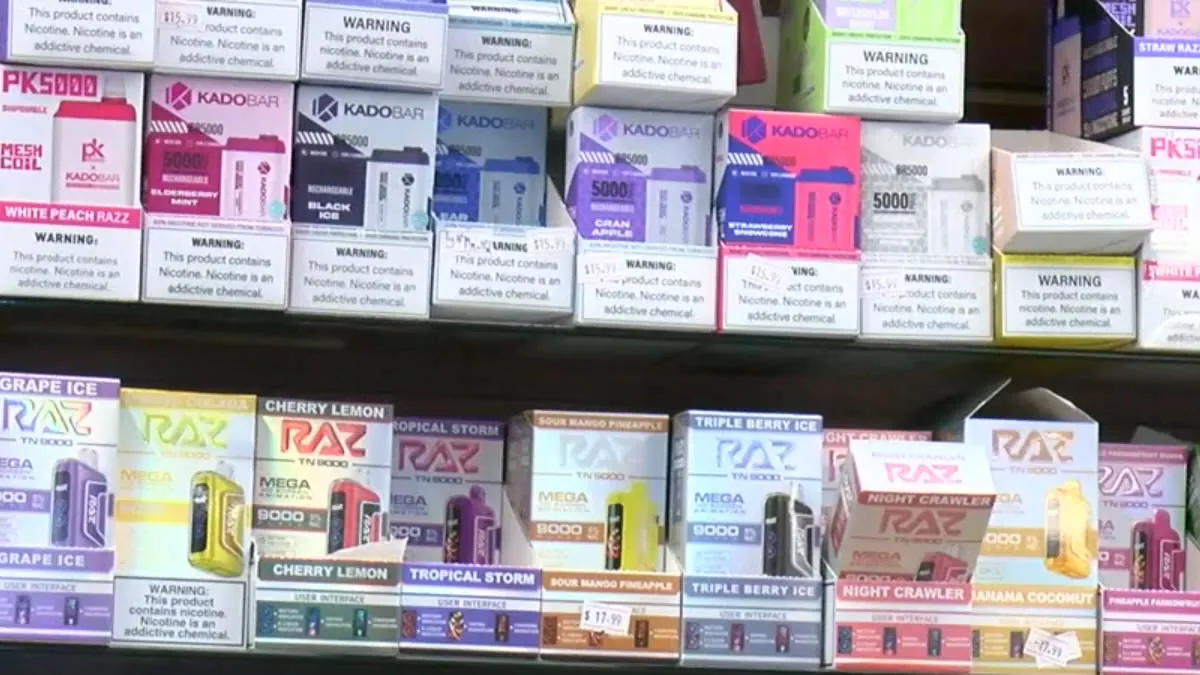
Sales and Marketing Restrictions Under HB8
Beyond the creation of specialty stores, HB8 imposes a broad set of rules governing how and where nicotine products can be sold and advertised.
Sales Channel Limitations:
- Vending Machine Ban: The law bans the sale of nicotine products through vending machines.
- No Self-Service Displays: Self-service displays of nicotine products are prohibited outside of the newly defined specialty retailers, meaning products must generally be kept behind the counter.
- Synthetic Nicotine: Synthetic nicotine products are deemed illegal for sale unless they have received federal (FDA) authorization.
- Child-Resistant Packaging: All liquid nicotine containers intended for use in ENDS must be sold in child-resistant packaging.
- Mandatory Signage: All nicotine retailers must post clear signage regarding the legal age requirement (21+) and associated health risks. Specialty retailers of alternative nicotine products, e-liquids, and ENDS are required to display additional, specific warnings.
“American Made or Federally Authorized” Mandate (Effective Oct 2025):
A significant future provision within HB8 stipulates that beginning October 1, 2025, no e-liquid, ENDS, or alternative nicotine product may be added to Alabama’s publicly available ENDS Directory (a list of legally saleable products) unless it is either:
- Made, packaged, and labeled in the United States, OR
- Has received federal (FDA) marketing authorization.
This “American Made” clause adds another layer of restriction on the origin of products available in the Alabama market.
Strict Advertising and Marketing Controls:
HB8 severely limits how nicotine products can be marketed to prevent youth appeal:
- Health Claims: Retailers or manufacturers are prohibited from making claims that their products help with tobacco cessation or are safer alternatives to cigarettes, unless such claims are explicitly authorized by the FDA.
- Billboard Advertising: Billboard ads are restricted to referencing only tobacco, menthol, or mint flavors. Furthermore, such billboards are prohibited within 1,000 feet of schools and playgrounds.
- Youth-Appealing Imagery Ban: Advertising cannot use imagery likely to appeal to minors, such as cartoon characters, video game references, candy or dessert themes, or brand-name sweets.
- Sponsorship Restrictions: Specialty retailers and manufacturers are banned from advertising in or sponsoring youth-oriented events or publications and cannot offer scholarships or sponsorships in connection with nicotine products.
- Store Signage Limits: Specialty retailers are restricted in their external signage, generally limited to displaying the business’s trade name and an indication that they sell ENDS, alternative nicotine products, or e-liquids, without flashing lights or additional elaborate signage.
Ecigator is one of the well-known vape brands spun off from FM Technology Co., Ltd, it’s an ISO-certified disposable vape manufacturer for OEMs, ODMs, and OBM since 2010. The founder team comes from top firms with more than 10 years of experience in the vaping industry and has devoted thousands of hours to providing users with a better and better experience.
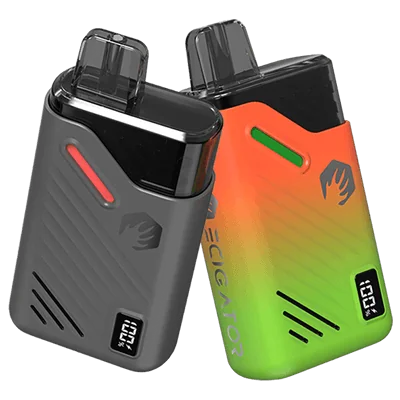
18K Disposable Pod Kit
Disposable Pod Kit – 18ml changeable pod with 650mAh rechargeable battery.
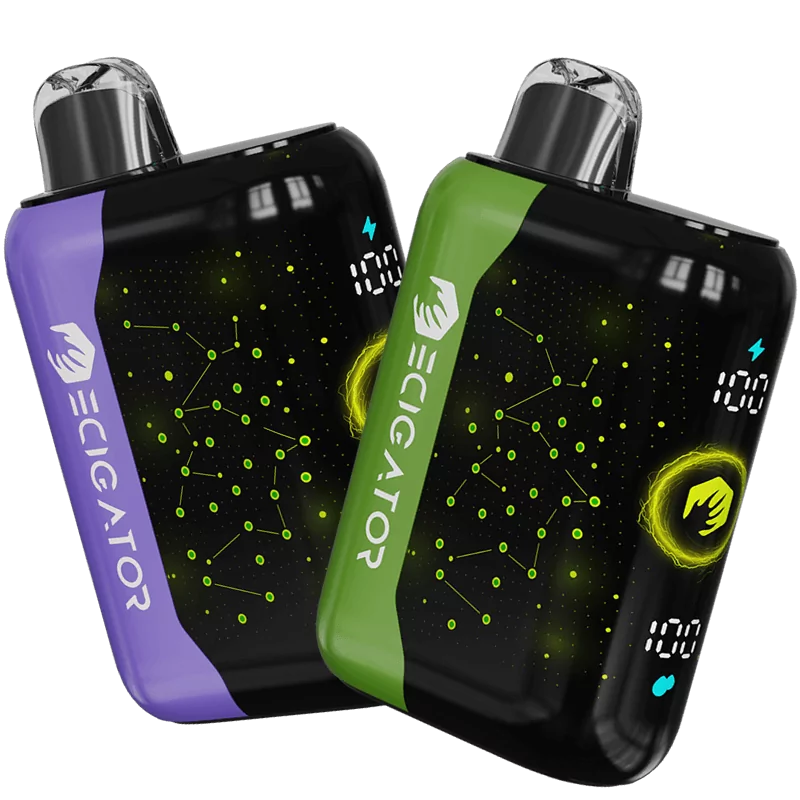
35K with Large Screen
35000 Puffs Disposable Vape with 3D galaxy screen. Eco and Pulse working modes.
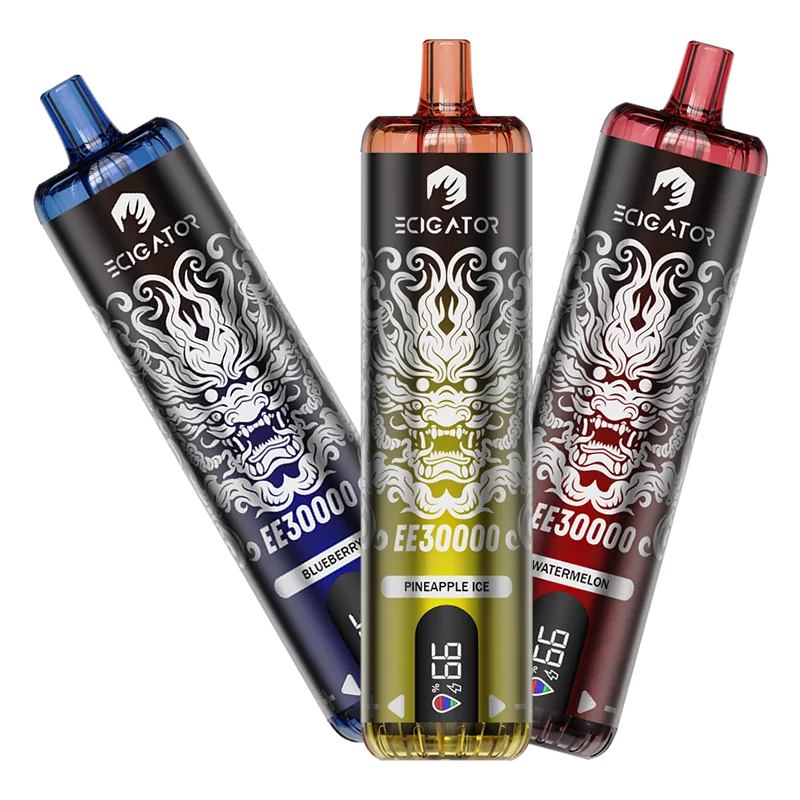
30K DTL Disposable
30K Puffs DTL(Directly to Lung) disposable vape with airflow control and screen.
Enforcement, Oversight, and Funding
HB8 establishes clear mechanisms for oversight, enforcement, and the management of funds generated through its provisions.
- Primary Enforcement Authority: The Alabama Alcoholic Beverage Control (ABC) Board is designated as the primary authority for enforcing these new regulations. The ABC Board has the power to impose fines, revoke permits, and adjudicate contested applications and enforcement actions.
- Search, Seizure & Forfeiture: Unauthorized nicotine products, along with any fixtures, equipment, materials, or property associated with their illegal sale or use, may be subject to search, seizure, and forfeiture or destruction by authorities.
- Manufacturer Requirements: Manufacturers of e-liquids and alternative nicotine products face a $2,000 initial registration fee and a $500 annual renewal fee. They must submit certifications under penalty of perjury, disclosing nicotine sources, manufacturing locations, and federal regulatory status, with ongoing obligations to notify the state of material changes.
- Advisory Board: An advisory board, including representatives from various state government departments and the executive director of the nonprofit Children First, will monitor the implementation of HB8.
- Vaping Licensing and Enforcement Fund: HB8 creates this dedicated fund. Money collected (e.g., from fees and fines), with limited exceptions, will be distributed: 40% to licensing and compliance efforts, 20% to the Public Safety Fund for enforcement, 20% to the State Board of Education for awareness and prevention programming, and 20% to the Unified Judicial System for education, prevention, and substance abuse initiatives.
- Public Education Mandate: The Alabama State Board of Education is required to establish a model K–12 policy for vape education and prevention, which local school boards must adopt by November 1, 2025.
The Impact of Alabama HB8
Proponents of HB8 view it as a significant, bipartisan victory for youth safety and public health, aiming to stem the tide of underage vaping. However, those opposed, including some retailers and industry groups, express concerns that the stringent restrictions, particularly on flavored products and the creation of a limited legal market, will negatively impact small businesses and could inadvertently create a larger, more dangerous underground market for these products, potentially making it harder for adult smokers to access less harmful alternatives.
The coming months and years will reveal the true impact of HB8 on youth vaping rates, adult consumer behavior, the viability of specialty vape retailers, and the prevalence of illicit nicotine products in Alabama. As the state implements these “cloud control” measures, the balance between public health objectives and market realities will be closely watched.

